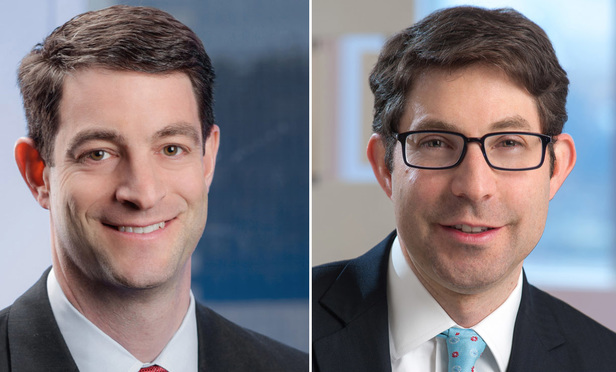Last week, in the U.S. District Court for the Southern District of New York, a jury found two former Rabobank traders, Anthony Conti and Anthony Allen, guilty of wire fraud and conspiracy for their role in manipulating LIBOR (London Interbank Offered Rates).1 The verdicts marked the U.S. Department of Justice’s first successful prosecution of individuals in connection with the LIBOR scandal. But the Justice Department has yet another hurdle to overcome to secure these convictions.
While the focus at trial was on whether the two traders manipulated LIBOR rates, the government now faces what may turn into a recurring legal issue in prosecutions stemming from cross-border investigations. That is because Judge Jed. S. Rakoff, who presided over the trial, will now confront a critical post-trial question: Under Kastigar v. United States, can the government rely on a witness whose testimony has been affected by exposure to a defendant’s involuntary statements that were compelled by a foreign government? Given the increasingly global scale of financial and commercial markets and the international nature of governmental investigations, the resolution of this legal question of first impression could have significant effects in shaping how the Justice Department conducts cross-border investigations.



